How to Identifying Your Property Zone in Chennai?
Chennai's property tax system divides the city into 15 zones. Which sets fair rates based on location. As the zone directly affects the basic street rate used in calculations with northern areas often have lower rates compared to the south.
- North Chennai (Zones 1-6): The North Chennai zone contains Thiruvottiyur. Which come under Zone 1, then there is Manali, which comes under Zone 2 and Madhavaram also belongs to Zone 3. As well as Tondiarpet also comes under Zone 4. Also, in addition to Royapuram (Zone 5) Thiru-Vi-Ka Nagar (Zone 6) exists. These are usual low prices, as well as, low ends which comprise residential and industrial blends.
- Central Chennai (Zones 7-10): Central Chennai is under the Zones 7-10. Various regions arrive in that zone. Which is Ambattur falls under zone 7, Anna Nagar falls under zone 8 and Taynampet falls under zone 9. And Kodambakkam falls under zone 10. Plus, this region has a residential cum commercial shopping area.
- South Chennai (Zones 11-15): The Zones 11-15 are part of South Chennai. And the zones begin with Valasaravakkam (11), Alandur (12), Adyar (13), Perungudi (14) and Sholinganallur (15). The best part about these zones is that they are premium and developing neighborhoods. Plus, have seen higher rates than the northern Chennai.
To find your zone, head to the GCC website and use their zone finder tool by entering your address. Alternatively, you can also visit your local ward office and where you can confirm it on the spot. They will provide your zone number immediately.
Knowing the zone number is important before checking your Greater Chennai Corporation property tax online status or making payments.
How to Calculate Property Tax in Chennai?
It might not appear easy to figure out the property tax, but by undergoing the process, one can easily verify his or her bill. This is an easy step-by-step approach:
Step 1: Find Out your Monthly Value of Your Property By Load
The property tax is determined by the annual value of your property's rent. By multiplying the built-up area of your house by the common standard, you can get this rent. Also, the common rate depends on the type of building. And which zone it lies in.
Example:
If your house has an area of 1000 sq. ft., and the common standard is ₹ 2 per sq. ft., then your monthly rental value would be equal to 1000 ×2 = ₹ 2000.
Step 2: Calculate Annual Rental Value
Multiply the monthly rental value by 12 to get the annual value of real property.
Example:
₹2,000 × 12 = ₹24,000 annually
Step 3: Apply Standard Deductions
Your rental value can be deducted in a normal way under the GCC. Land depreciation gives you 10% deduction on your annual value. Building depreciation adds another 10% for most properties.
Example:
10% of ₹24,000 = ₹2,400
Net annual value = ₹24,000 - ₹2,400 = ₹21,600
This net annual value is what your tax is calculated on.
Step 4: Apply Tax Slabs:
The rate of property tax is different depending on the net annual value:
| Annual Value (₹) |
Tax Rate (%) |
| 1 – 500 |
6.25 |
| 501 – 1,000 |
9.25 |
| 1,001 – 5,000 |
11.50 |
| Above 5,000 |
11.50 |
Example:
A property with a net annual value of ₹21,600 falls in the highest slab:
Tax per half-year = ₹21,600 × 11.50% = ₹2,484
Real Example: A Two-Bedroom Flat in Anna Nagar
The most convenient method of paying your property tax is online, which is helpful to the citizens of Chennai. The whole procedure does not take more than a few minutes and you do it at the comfort of your home. See the following easy way of paying you using official portals.
Tax Calculation:
Monthly rental value: 1,200 × ₹2.00 = ₹2,400
Annual rental value: ₹2,400 × 12 = ₹28,800
Land depreciation: 10% = ₹2,880
Building depreciation: 10% = ₹2,880
Net annual value: ₹28,800 - ₹2,880 - ₹2,880 = ₹22,040
Tax at 11.50%: ₹22,040 × 11.50% = ₹2,534.60 per half-year
Rajesh pays ₹2,534.60 twice yearly. By April 30, he will get 5% discount in case he pays. His payment reduces to ₹2,407.87. This will save him an amount of ₹127 half-year or ₹254 a year.
How to Pay Your Property Tax Online in Chennai?
The most convenient method of paying your property tax is online, which is helpful to the citizens of Chennai. The whole procedure does not take more than a few minutes and you do it at the comfort of your home. See the following easy way of paying you using official portals.
Option 1: Pay Through the Greater Chennai Corporation (GCC) Portal
It is also through the official site of the Greater Chennai Corporation that one can easily pay the Greater Chennai Corporation property tax easily and fast.
Step-by-step process:
- Visit chennaicorporation.gov.in
- Go to the Online Services.
- Select property tax payment / PayTax.
- Provide property details, such as:
- Zone number
- Division code
- Bill number and sub-number
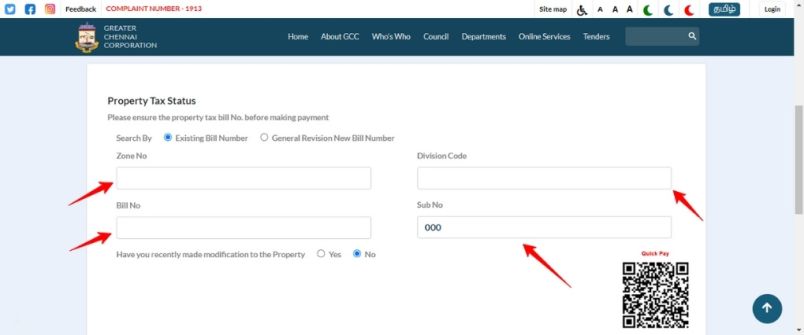
- You will immediately see your outstanding tax and any penalty concerning the same.
- Select the payment option you want to use of credit card, debit card, UPI or net banking. (No extra transaction fee is charged).
- Finalize payment by use of the safe payment gateway.
- Get your receipt in PDF format after making the payment.
Store your receipt in a variety of formats - one electronic (keep a record) and one printed (in your property file).
Option 2: Pay Through the TNUrban ePay Portal
In the event that the GCC site is not available or is congested, the TNUrban ePay Portal will offer yet another alternative that is official and reliable.
Follow these steps:
- Visit tnurbanepay.tn.gov.in
- Select the dropdown menu and choose Greater Chennai Corporation.
- Search through your records with your Property ID or zone.
- The amount of your unpaid money will appear on the screen.
- Make the payment through UPI, cards or net banking.
- After the confirmation of the payment, your digital receipt will be automatically created and will be downloadable.
The two portals are secure, approved by the government, and are available 24/7 thus most preferable to Chennai property owners.
Comparing Property Tax Payment Options in Chennai
Various individuals like paying their property tax in various ways. Whereas a few people like the speed and convenience of the online payment, some still use their offline systems. It is a brief comparison that would assist you in selecting the alternative that best fits you.
| Payment Method |
Processing Speed |
Transaction Fee |
Receipt Type |
| GCC Website |
Instant |
None |
Digital |
| TNUrban ePay Portal |
Instant |
None |
Digital |
| Mobile Apps |
Instant |
Variable |
Digital |
| E-Seva Centers |
Same Day |
None |
Physical |
| Bank Branches |
1–2 Days |
None |
Physical |
| NEFT / RTGS |
2–4 Hours |
Bank Charges Apply |
Digital |
Breaking Down the Payment Method:
- Online Procedures (GCC Website, TNUrban Portal, Mobile Apps)
The quickest and most convenient option is the Greater Chennai Corporation property tax online payment. Your money is immediately reflected in the GCC system, and your digital receipt is immediately downloaded. One does not have to wait and to be physically verified or be in an office.
E-Seva centers are also a suitable option when one is not connected to the internet. These centers are available in all the wards of Chennai to take property tax payment without any extra fee. A real receipt will be delivered to you the same day.
You can directly pay at the counter in case you want to use your local bank. It normally, however takes one to two working days before your payment is processed and reflected in the GCC system.
NEFT or RTGS payments at your bank are appropriate in case of large property tax. A minor amount of transfer fee is charged, but the GCC normally confirms payment between two and four hours.
What is the Chennai Property Tax Early Payment Incentive?
You do not only help the city by paying your property tax early, but your pockets too. The Greater Chennai Corporation (GCC) will provide a 5% discount to the property owners who pay their amounts inside the given period of early payments. This incentive will be provided twice in a year, in both tax periods. There are many ways in which you can save a significant sum over time in understanding how it works.
First Half-Year (April Cycle) Payment
- Due date: April 1-30.
- Discount: 5% on the total value of tax due as at this time.
- After May 1: The discount will stop to be applied and a 1 percent penalty per month will set in.
This penalty starts accumulating from May 1 onwards. By June, you owe an extra 2% penalty. By July, the penalty becomes 3%. Therefore, paying in April would be the most intelligent decision, both in terms of money-saving and penalty-building.
Second Half-Year Dividend (October Cycle)
- Payment date: between October 1 and October 31.
- Discount: 5% upon periodical payment.
- After November 1: The 1% monthly penalty rule is repeated.
Through regular and early payment of both cycles, you will be in a position to get maximum savings in every year.
How Much Can You Save?
Let's take a quick example:
Suppose your property tax payable is ₹2,500.00 and you pay it early, it will become 2,375.00, and you will save ₹125.00. In both payment cycles, this is a saving of ₹250 a year.
This translates to ₹2,500 in the span of ten years; effectively the money of being on time. It is not worthwhile to pass on such an easy and certain saving.
What Chennai Property Tax Mistakes to Avoid?
Property owners have to deal with property tax problems that can be avoided. The majority of them are due to minor mistakes that can be avoided. The following are some of the pitfalls that one should be aware of:
1. Failure to meet the Payment Deadline
Missing the payments within the time limits results in a 1% fee per month that runs high.
The thing is, then, you have to mark April 30 and October 31 on your calendar and reminders two weeks beforehand.
2. Paying Under the Wrong Zone
Even the slightest error in typing a zone number can transfer your payment to a different account. Therefore, just in this to avoid this, you just have to double-check your zone number on your last tax bill or check it on the GCC helpline and then pay.
3. Not Saving the Digital Receipt
Bank statements do not reflect the specifics of tax. No receipt means that it is difficult to establish payment. Therefore, save your greater chennai corporation property tax receipt, a digital as well as printed version, to use in the future.
4. Ignoring Property Modifications
Your property may go through renovations or expansions that make it change in terms of its taxable value. Accordingly, this informs the Greater Chennai Corporation (GCC) of significant changes so that your records can be up to date.
What are Chennai Property Tax Deadlines & Timeline?
| Payment Period |
Start Date |
Last Date for 5% Discount |
Penalty Begins |
Penalty Details |
| April Payment Period |
April 1 |
April 30 |
May 1 |
1% per month from May onwards |
| October Payment Period |
October 1 |
October 31 |
November 1 |
1% per month from November onward |
What are Chennai Property Tax Rebates and Exemptions?
GCC also provides some rebates and exemptions. These are the ones that can be understood, and your tax burden can be reduced. Not every property can receive such advantages.
- Residential Properties Occupied by their owners
You may be qualified if you reside in your own property. The GCC provides a 25% rebate on tax on the owner-occupied houses. This is a great saving which is overlooked by many owners. You are supposed to provide evidence of residence. Aadhaar card, utility bills or voter ID can serve as evidence. The rebate is applicable to subsequent payments.
- Commercial Property Occupied by the Owner
The proprietors of businesses that possess the commercial space receive a 10% rebate. This is applicable to stores, offices or factories. Equal demonstration of ownership and occupation is needed.
Houses constructed using temporary materials receive a 20% rebate. Structures and buildings made up of tiles are eligible. You have to give property descriptions and photos.
- Constructing Depreciation of Older Properties
The buildings of more than four years receive further depreciation. This is equivalent to 1% of depreciation per age. Depreciation is limited to 25%. The depreciation is 10 years on a ten-year-old building. The maximum depreciation on a fifteen-year-old building is 25%. This automatically cuts your net annual worth.
If your property details have changed, such as a new location, remember to process an address change in property tax greater chennai corporation through the official portal or ward office to ensure accurate billing.
What is Greater Chennai Corporation Property Tax General Revision?
Periodically, the GCC conducts a greater chennai corporation general revision property tax to update rates based on market trends, infrastructure developments, and zonal changes. This ensures fair taxation across the city and may affect your basic street rate or zone classification. Check the official website for the latest revision notifications.
Conclusion
It is not as difficult as it appears to manage your property tax in Chennai when you know the system. Being at the top of the dates allows you to get out of sanctions and benefit the 5% discount on early payments. Always remember to retain your receipts, revise your property details where necessary and consult your local ward office. In case of any uncertainties, the GCC helpline (9445190081) is on hand. Payments on time mean you are always organized and also help build a better and well-maintained Chennai.
Frequently Asked Questions About Chennai Property Tax
Question: 1 Can I pay property tax using my credit card?
No, there is no fee when issuing credit cards, both in GCC and TNUrban portals. The payment is done immediately and the receipt is downloaded immediately.
Question: 2 What happens if I lose my tax receipt?
You have the option of downloading your receipt whenever you want it through GCC portal. It can be accessed using your zone, division and bill number. Online versions are as legitimate as printed materials.
Question: 3 How is the basic rate per square foot determined?
The GCC carries out periodical reviews of rates depending on location and development. The rates are higher in prime areas as compared to the outskirts. Each zone has its own rate that depends on its location.
Question: 4 Can I pay multiple months' tax together?
Yes, you are able to pay upfront taxes in a single installment. This, at times, minimizes general fines on senior dues. To get the accurate calculations, contact your zonal office.
Question: 5 Does renting out my property change my tax?
No, occupancy is not a defining factor that determines the tax liability; ownership does. Tax will be the same whether occupied there or not. Tax is levied on the ownership of properties.
Question: 6 What documents do I need for tax exemption?
Exemption involves a demonstration of the type and use of the property. The buildings that are religious buildings require registration certificates. The government properties should be officially documented.
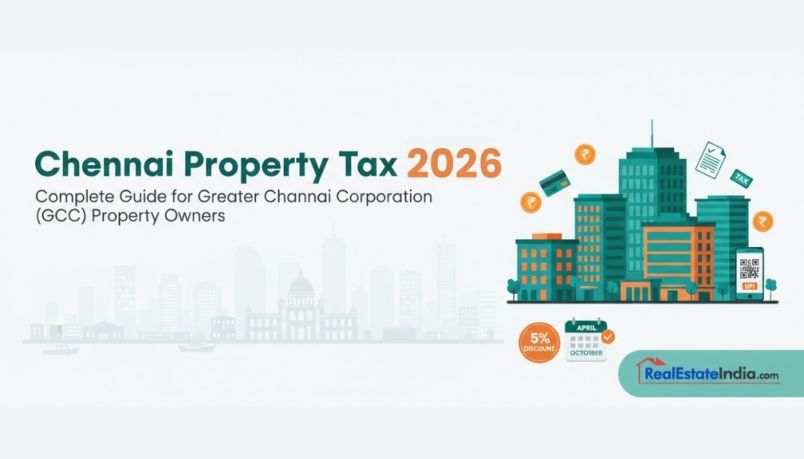
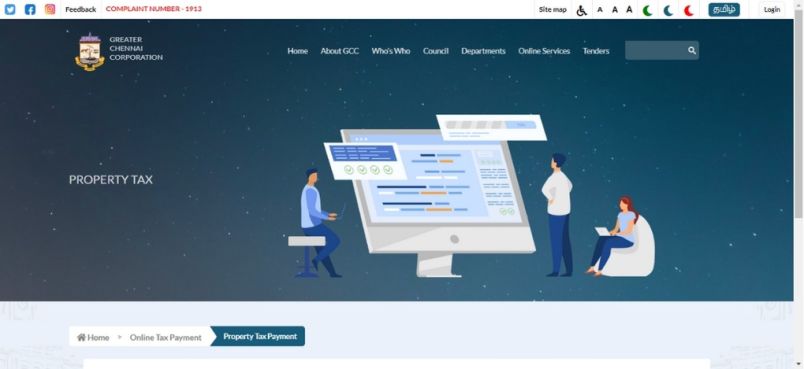
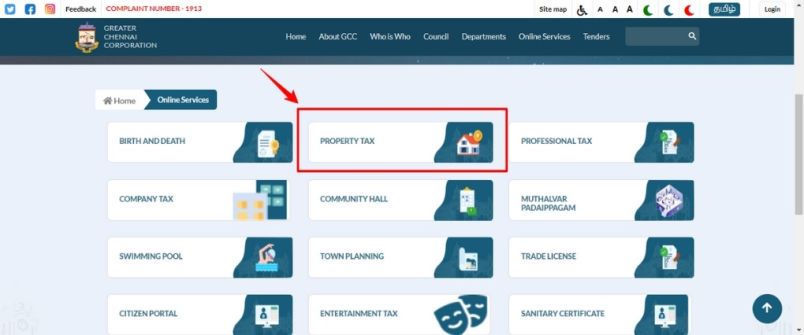
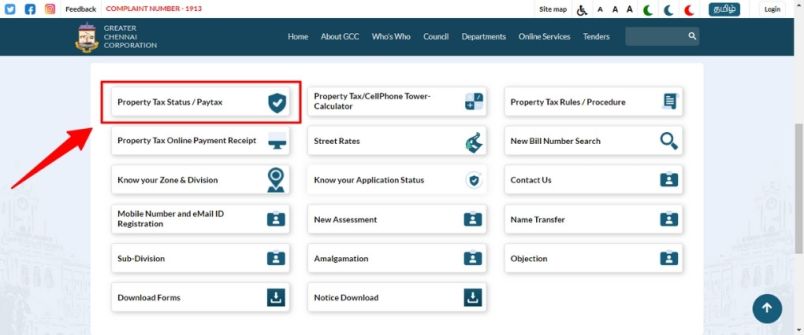

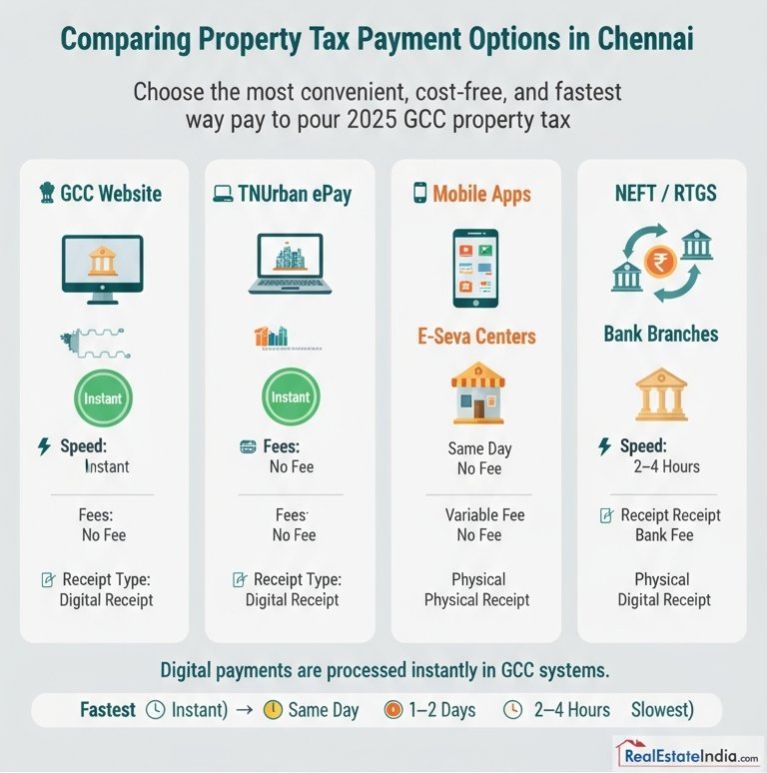
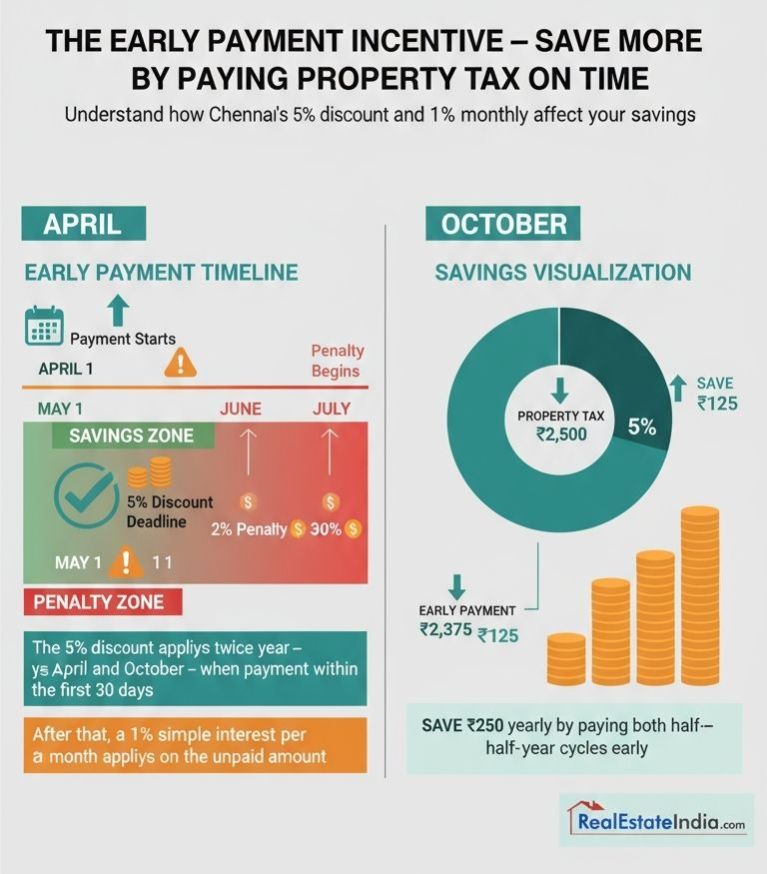
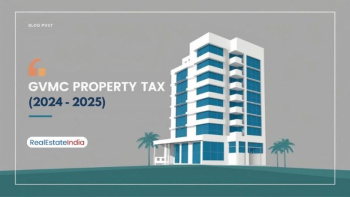
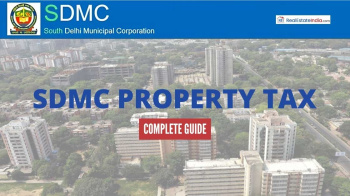
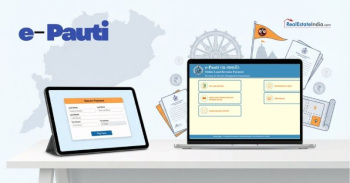
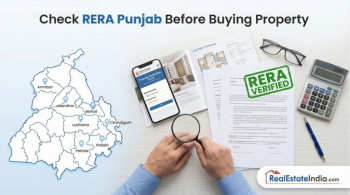
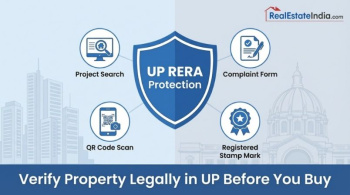
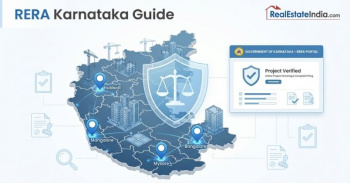
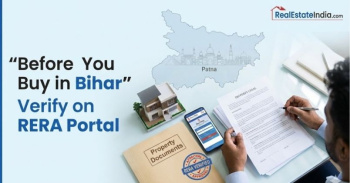
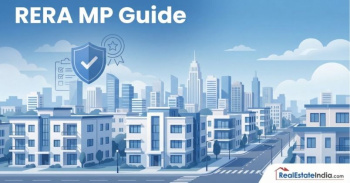
ADD COMMENT